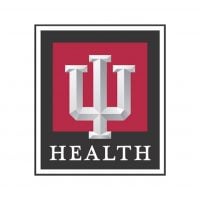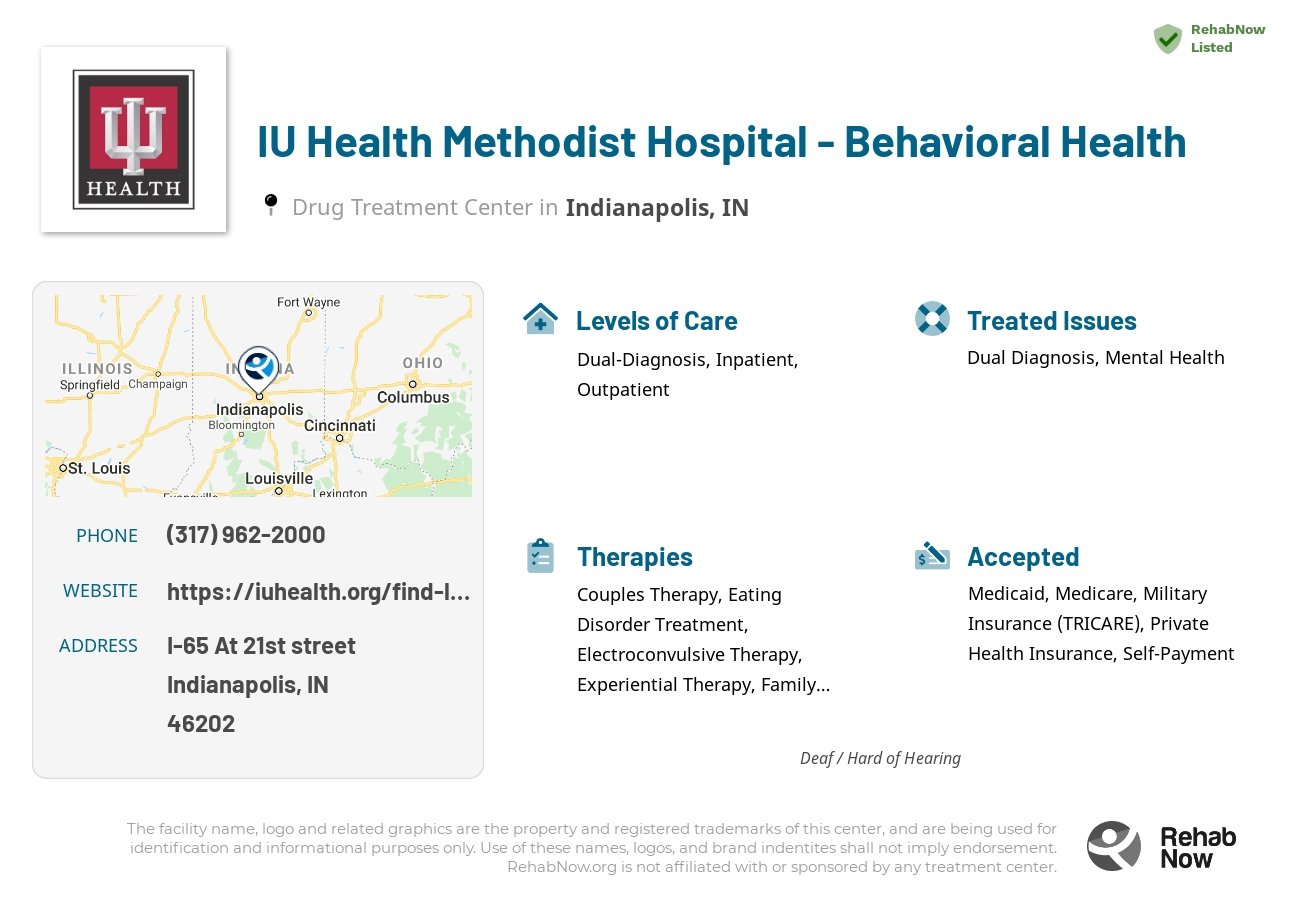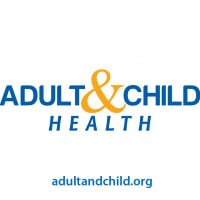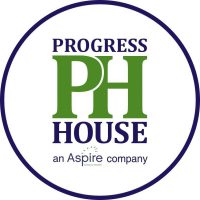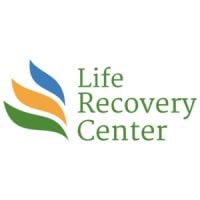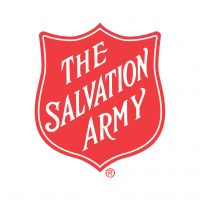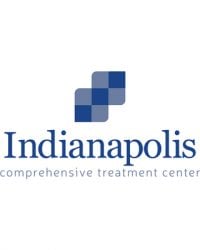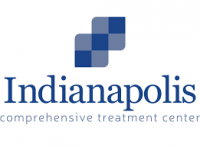IU Health Methodist Hospital - Behavioral Health
Drug Rehab Center in Indianapolis, Indiana
IU Health Methodist Hospital - Behavioral Health is a comprehensive addiction treatment facility in Indianapolis, Indiana offering a range of services from dual-diagnosis and inpatient rehabilitation to outpatient counseling and detoxification for those suffering from mental health, substance use, and eating disorder issues.
About IU Health Methodist Hospital - Behavioral Health in Indiana
Located in Indianapolis, Indiana, IU Health Methodist Hospital - Behavioral Health is a treatment facility that caters to individuals seeking recovery from substance abuse and addiction. As a center that specializes in dual diagnosis, eating disorders, mental health issues, drug addiction, and alcoholism, they offer a range of comprehensive treatment programs to address various needs and conditions. With a focus on providing quality care, this facility offers both inpatient and outpatient services, ensuring individuals can receive the level of support that suits their unique situations.
IU Health Methodist Hospital - Behavioral Health offers a diverse array of treatment methods and services to assist individuals in their journey to sobriety. Their dual-diagnosis approach acknowledges the interconnection of mental health and addiction, allowing for a thorough assessment and personalized treatment plan. The facility provides inpatient care for those requiring intensive support, as well as outpatient programs for individuals who prefer a more flexible treatment approach. Additionally, they offer detox services to help manage withdrawal symptoms and ensure a safe and comfortable detoxification process. Overall, IU Health Methodist Hospital - Behavioral Health is dedicated to providing individuals with the tools and resources necessary to overcome addiction and achieve sustainable recovery.
Genders
Ages
Modality
Additional
Conditions and Issues Treated
Dual Diagnosis is a specific relationship between two or more disorders that have the same symptoms and can sometimes be treated together. This is used in the treatment planning process when dealing with drug addicts. Dual diagnosis can be viewed as a chronic medical condition that has comorbid psychiatric disorders.
Although addiction and a mental illness may have separate symptoms that are not easy to detect, they often go hand in hand. Many times, drug abuse is a direct result of the mental illness. In other words, treating the addiction will not resolve all of your issues. Unless you also treat the underlying mental illness, you will not be successful in achieving sobriety.
Levels of Care Offered
This center offers a variety of custom treatment tailored to individual recovery. Currently available are Detox, Dual-Diagnosis, Inpatient, Outpatient, with additional therapies available as listed below.
Detox refers to the progressive elimination from the body of toxins. The detox period depends on the form of addiction, the length of drug abuse, and the state of health. Under the supervision of medical practitioners, MAT detox based in Indianapolis, IN requires the use of medications.
Inpatient treatment is an intensive program that takes place when a patient checks into a rehabilitation facility. The treatment includes detoxification and counseling sessions, which are round the clock. Outpatient treatments are also available, but inpatient care is advised as the first step of rehabilitation.
Intensive rehab ensures the patient stays in a substance-free atmosphere, improving treatment success rates. The patient participates in group therapy for motivation from other patients who have overcome addiction. Family members are also involved in providing emotional support throughout the program.
An outpatient treatment program is set up to help with alcohol or drug addiction, or a co-occurring disorder. The patient must attend the Indiana facility for their therapy and other programs but are able to return home each night. The frequency of mandatory attendance decreases after much of IU Health Methodist Hospital - Behavioral Health‘s program is complete.
Therapies & Programs
Individual Therapy is a critical component of addiction recovery. Therapists work with patients to identify the root of their addiction and figure out how to better handle the issues that led to them using drugs. Individual Therapy is the one-on-one session where people meet with their therapist. Individual therapy provides a safe space for people to open up and discuss personal and sensitive topics which they may not feel comfortable discussing in a group setting.
Couples therapy at IU Health Methodist Hospital - Behavioral Health focuses on addiction treatment for the addict and their spouse. The addict’s family, not just the addict, can benefit from this form of therapy. Couples therapy addresses communication problems, trust issues, lack of intimacy, and abuse in intimate relationships. Couples therapy can help rebuild trust between partners, which increases the chances for successful treatment and sustained recovery.
Intimate relationships can be damaged during addiction, and professional help may be necessary to rebuild the often destroyed trust and love. Couples therapy at IU Health Methodist Hospital - Behavioral Health helps couples improve communication and rebuild trust. Either or both partners will be helped by this treatment administered by professionals. This treatment can also help one or both partners if addiction is the problem.
Family therapy will also help families realize that the addiction is not their fault. For many years, people blamed themselves for an addict’s behavior and felt that they had done something wrong. This is not the case. Addiction is a disease, and it can strike anyone, even if their life seems fine from the outside. It can bring a lot of shame to a family when they have an addict in their midst, but if everyone is open and honest with each other, then they can help everyone stay in recovery.
Group Therapy is utilized by drug treatment centers like IU Health Methodist Hospital - Behavioral Health to provide the recovering drug addict with a platform to talk about their feelings and experiences. It also provides for an opportunity to learn from other addicts who have successfully overcome their addiction.
Group Therapy is employed in lectures, seminars, or discussion groups (the latter two are typically conducted as “therapy groups”). It is recommended that all group members be recovering addicts for this type of therapy to work (though it does not exclude others with lived experience).
Trauma therapy is a clinical process that helps individuals deal with mental stress often caused by traumatic events. It is generally done for children, teenage victims of sexual assault, and war veterans. The therapist helps the person identify, understand and work through the problem. This is done with the help of talking about it in group or one-on-one counseling sessions. Therapists use relaxation, role-playing, art, and music to help the person open up about what is bothering them.
Cognitive behavioral therapy is also a popular service for individuals living with addiction. This type of supportive treatment uses both one-on-one counseling and group sessions to teach addicts how to identify thoughts, behaviors and emotions that might increase their risk of relapse.
These professionals can help addicts develop coping skills for managing stress, improving self-esteem and overcoming triggers. They might also use behavioral therapy to help addicts learn how to avoid cravings and warning signs that could lead them back into addiction.
Therapy can be used as a step-down from inpatient treatment or as the primary method of overcoming an addiction. No matter which option is best for the addict, they will teach important emotional coping techniques, which can make it easier for addicts to get through the tough days.
Nutrition therapy has been used to help drug addicts for decades. Many early reports on addiction treatment indicate that some patients recovered from the “satisfying power of food”. For years, this phenomenon has been utilized as a treatment modality in eating disorders for adults, adolescents, and children. Specific nutrients have been identified that influence neurotransmitters associated with reward pathways of the brain.
Studies have shown that carbohydrate loading with complex carbohydrates to elevate serotonin levels was effective in treating bulimia nervosa. This approach prompted researchers to explore the use of this type of nutritional intervention in other disorders.
Nicotine replacement therapy treats nicotine addiction using external sources of nicotine, such as patches or gum to substitute for nicotine. This allows people trying to quit smoking to get their desired dose of nicotine without actually having to smoke cigarettes. The idea behind NRT is that by providing smokers with nicotine in forms that are not cigarettes, they may be more likely to quit smoking.
NRT has been available for many years now, and there is a wealth of evidence that shows that it helps people trying to quit smoking. There are several different types of NRT devices on the market now. Patients interested in quitting smoking should talk to their doctors about the best kind of NRT for them.
Patient Experience
Experiential Therapy at IU Health Methodist Hospital - Behavioral Health
Experiential therapy is another form of treatment that helps addicts overcome their addiction. This type of service typically involves hands-on activities with the focus on physical experiences instead of emotions or beliefs.
Some examples include art therapy, equine therapy and music therapy. Each of these forms of experiential therapy can provide unique ways for addicts to channel their feelings and work through their demons. This type of therapy also allows addicts to develop meaningful emotional connections with others, which can prevent them from resorting to relapse as a coping mechanism.
Payment Options Accepted
For specific insurance or payment methods please contact us.
Is your insurance accepted?
Ask an expert, call (888) 674-0062
Indiana University Health Associated Centers
Discover treatment facilities under the same provider.
Learn More About Indiana University Health Centers
Additional Details
Specifics, location, and helpful extra information.
Indianapolis, Indiana 46202 Phone Number(317) 962-2000 Meta DetailsUpdated November 25, 2023
Staff Verified
IU Health Methodist Hospital - Behavioral Health Patient Reviews
There are no reviews yet. Be the first one to write one.
Indianapolis, Indiana Addiction Information
The state of Indiana ranks 14th in the nation for drug abuse, but 17th for drug overdoses. The state has many high-quality rehabilitation centers, but reports show that there are about 20 deaths per 100,000 people. This is due to its location making it a drug trafficking haven, where many drugs are further distributed into the country.
The drug addiction problem in Indianapolis, Indiana, is quite severe. There were over 1,600 overdose deaths in Indianapolis between 1999 and 2016. This means that, on average, there were about 100 overdose deaths per year in Indianapolis during that period. Rehab centers in Indianapolis, Indiana, offer a variety of programs, including inpatient and outpatient programs, 12-step programs, and faith-based programs.
Treatment in Nearby Cities
- Spencer, IN (47.2 mi.)
- Paoli, IN (86.5 mi.)
- Charlestown, IN (95.6 mi.)
- Lawrenceburg, IN (84.5 mi.)
- Huntington, IN (83.6 mi.)
Centers near IU Health Methodist Hospital - Behavioral Health
The facility name, logo and brand are the property and registered trademarks of IU Health Methodist Hospital - Behavioral Health, and are being used for identification and informational purposes only. Use of these names, logos and brands shall not imply endorsement. RehabNow.org is not affiliated with or sponsored by IU Health Methodist Hospital - Behavioral Health.
